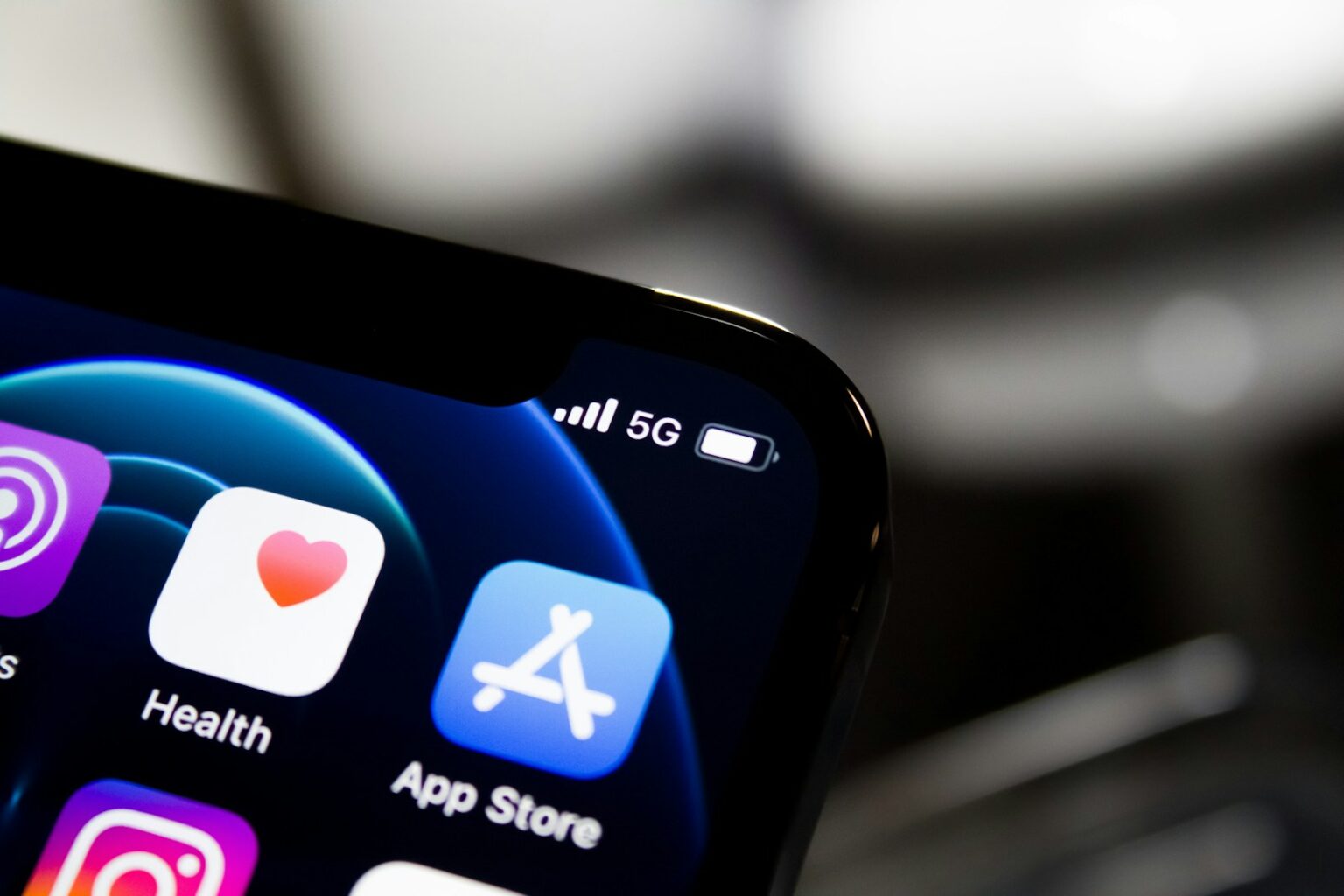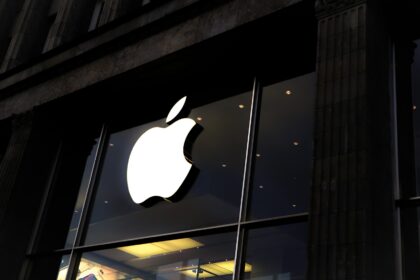Apple has removed ICEBlock and similar immigration tracking apps from its App Store after direct pressure from the Trump administration. The move affects over 1.1 million users who relied on the app to avoid encounters with Immigration and Customs Enforcement agents. This marks one of the most significant cases of government pressure forcing a major tech company to censor an app.
The removal came just hours after Attorney General Pam Bondi publicly demanded Apple take action against the controversial application.
What ICEBlock actually does
ICEBlock functions like “Waze for ICE sightings,” allowing users to anonymously report locations of immigration enforcement agents. The free app sends push notifications to users within a five-mile radius when ICE agents are spotted nearby. All reports automatically delete after four hours.
Joshua Aaron, the app’s developer, created ICEBlock in April 2025 as an “early warning system” for communities facing increased immigration enforcement. The app surged to over 20,000 users by June, then exploded to 1.1 million downloads after gaining national attention.
Aaron told CNN he was motivated by witnessing what he called “history repeating itself.” He compared current immigration enforcement to Nazi Germany, saying “When I saw what was happening in this country, I really just wanted to do something to help fight back.”
Government officials call it dangerous
The Trump administration has consistently attacked ICEBlock as a threat to law enforcement safety. Homeland Security Secretary Kristi Noem labeled it an “obstruction of justice” and suggested prosecuting CNN for reporting on the app.
Attorney General Pam Bondi confirmed the government’s role in the app’s removal, telling Fox Business: “We reached out to Apple today demanding they remove the ICEBlock app from their App Store — and Apple did so.”
Bondi claimed the app crossed “an intolerable red line” by endangering ICE agents. She argued that “ICEBlock is designed to put ICE agents at risk just for doing their jobs, and violence against law enforcement is an intolerable red line that cannot be crossed.”
Dallas shooting becomes flashpoint
The controversy intensified after a deadly shooting at a Dallas ICE facility on September 24, 2025. Joshua Jahn, a 29-year-old Texas man, opened fire from a nearby rooftop, killing one detained immigrant and critically injuring two others before taking his own life.
FBI Director Kash Patel revealed that Jahn had searched for “apps that tracked the presence of ICE agents” before the attack. Shell casings found at the scene were engraved with “ANTI-ICE” messages.
However, there’s no evidence Jahn actually used ICEBlock specifically. The app’s developer Joshua Aaron emphasized: “There is no evidence that ICEBlock played any role in the Dallas shooting. This is nothing more than them using fear mongering to take down an app that they didn’t want.”
Apple’s justification for removal
Apple initially cited “objectionable content” when removing ICEBlock from its App Store. Later, the company provided a more detailed explanation to various media outlets.
“We created the App Store to be a safe and trusted place to discover apps,” Apple stated. “Based on information we’ve received from law enforcement about the safety risks associated with ICEBlock, we have removed it and similar apps from the App Store.”
Apple claimed it received information from law enforcement indicating the app endangered officers. However, the company hasn’t provided specific evidence supporting these claims.
Developer fights back against censorship
Joshua Aaron accused Apple of “capitulating to an authoritarian regime” and vowed to fight the removal. He argues that ICEBlock serves the same function as other crowd-sourced mapping apps.
“ICEBlock is no different from crowd-sourcing speed traps, which every notable mapping application, including Apple’s own Maps app, implements as part of its core services,” Aaron told 404 Media.
Aaron maintains that his app falls under First Amendment protection as a form of protected speech. He points out that recording law enforcement activities in public has long been considered constitutionally protected.
Comparison to Hong Kong controversy
This situation closely mirrors Apple’s 2019 removal of HKMap.live, which Hong Kong protesters used to track police movements. After intense pressure from the Chinese government, Apple removed that app claiming it endangered law enforcement.
The HKMap controversy led to a bipartisan letter from Congress criticizing Apple’s censorship. Legal experts are now drawing similar parallels, suggesting this latest removal also violates free speech principles.
The Electronic Frontier Foundation’s Cindy Cohn told Al Jazeera: “It is not surprising—they have been threatening this for a while, and we do expect to see more of this and other blatantly unconstitutional actions in the future.”
Impact on immigrant communities
ICEBlock’s removal comes during an aggressive immigration enforcement campaign by the Trump administration. ICE has conducted raids in workplaces, homes, and courthouses, often detaining not just undocumented immigrants but also legal residents and visa holders.
The app provided a way for communities to protect themselves from unexpected enforcement actions. With over 1.1 million users at the time of removal, ICEBlock had become a crucial safety tool for vulnerable populations.
Civil rights advocates argue the app helped families with children avoid areas where immigration enforcement was occurring, similar to how other apps help users avoid traffic or construction zones.
Google also removes similar apps
Google followed Apple’s lead by removing similar ICE-tracking applications from its Play Store. While ICEBlock was never available on Android, Google removed other apps like “ICE Immigration Alerts” and “Coqui.”
This coordinated action by both major app store operators effectively eliminates most mobile access to ICE-tracking tools. However, some web-based versions of these services remain accessible through browsers.
Tech industry precedent concerns
Apple’s decision raises broader questions about government pressure on tech companies. The move demonstrates how quickly major platforms will comply with administration demands, even without clear legal requirements.
Industry observers note that Apple has been working to improve relations with the Trump administration, particularly given potential policy changes that could affect its business. CEO Tim Cook has made efforts to avoid conflicts with a White House known for threatening companies with tariffs and other punitive measures.
Free speech implications
Legal experts argue that the ICEBlock removal represents a concerning erosion of free speech protections. The app didn’t facilitate illegal activity but simply allowed users to share publicly observable information about law enforcement presence.
Courts have consistently held that observing and reporting on law enforcement activities in public spaces constitutes protected speech under the First Amendment. The government’s successful pressure campaign against ICEBlock could set a dangerous precedent for future censorship efforts.
What happens next
Current ICEBlock users can still access the app if they already downloaded it, but no new downloads are possible. Joshua Aaron indicated he plans to continue fighting Apple’s decision and exploring alternative distribution methods.
The removal highlights the ongoing tension between government enforcement priorities and civil liberties protections. As immigration enforcement continues to intensify, the elimination of community warning systems like ICEBlock leaves vulnerable populations with fewer tools to protect themselves.
This controversy also underscores the immense power that Apple and Google wield over digital communication. When these companies bow to government pressure, they can effectively silence entire categories of speech with the flip of a switch.
























